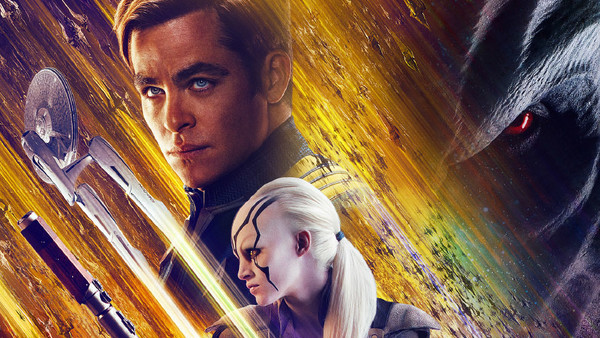8 Ways Star Trek Just Isn't Star Trek Anymore
7. It's More Accommodating To Newer Audiences

By far the most frustrating thing about criticism directed towards modern Trek - and, to that end, other franchises too - is that they've been 'diluted' by attempts to appeal to a broader market, as if having more people enjoy the thing you also love could ever be a bad thing.
The point is that this more stylised, more representative Trek, doesn't just follow in the footsteps of TOS (particularly in relation to its attempts to represent marginalised groups), but goes one further in trying to broaden the franchise's demographic. A name as big as Star Trek can't subsist entirely on an ageing fandom, and while nostalgia is definitely the 'in' thing right now, there's a balance to achieve in getting it right.
Paramount's films (Into Darkness aside), were exemplary in getting that aspect across. JJ Abrams' original 2009 effort rooted its science squarely in classic Trek by introducing a timeline concurrent to the mainstream one, and Beyond - the third film in that series - continued down that path by emulating the bridge dynamic of the original Enterprise crew.
The difference is that there's more action to roll in with the science, and while that does set the modern shows and films apart from those older incarnations, it's a modernising process Star Trek couldn't afford to shirk.
Yes, it's not the old show, but to say it's abandoned its own identity is just blatantly dishonest.